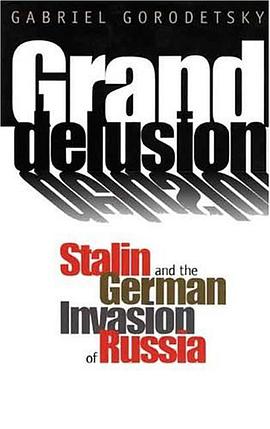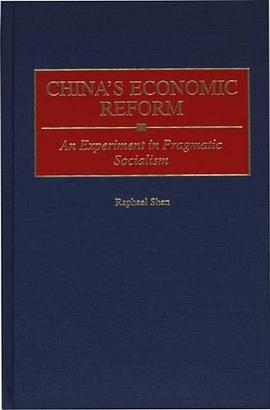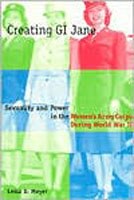

具体描述
In this magisterial book, a prize-winning historian shows how war has defined modern America. Michael Sherry argues that America's intense preoccupation with war emerged on the eve of World War II, marking a turning point as important as the Revolution, the end of the frontier, and other watersheds in American history. In the sixty years since the war, says Sherry, militarization has reshaped every facet of American life: its politics, economics, culture, social relations, and place in the world. According to Sherry, America's militarization began partly in response to threatening forces and changes abroad, but its internal sources and consequences in the long run proved more telling. War--as threat, necessity, or model of unified action--persistently justified the state's growing size, power, and activism. But as national government waged "war on poverty," war on AIDS," and "war on drugs," it fostered expectations of "victory" that it could not fulfill, aggravating the very distrust of federal authority that leaders sought to overcome and encouraging Americans to conceive of war as something they waged against each other rather than against enemies abroad. The paradigm of war thereby corroded Americans' faith in national government and embittered their conflicts over class, race, gender, religion, and the nation's very meaning. Sherry concludes by speculating on the possibility of ending America's long attachment to war.
作者简介
目录信息
读后感
评分
评分
评分
评分
用户评价
相关图书
本站所有内容均为互联网搜索引擎提供的公开搜索信息,本站不存储任何数据与内容,任何内容与数据均与本站无关,如有需要请联系相关搜索引擎包括但不限于百度,google,bing,sogou 等
© 2026 book.wenda123.org All Rights Reserved. 图书目录大全 版权所有




















